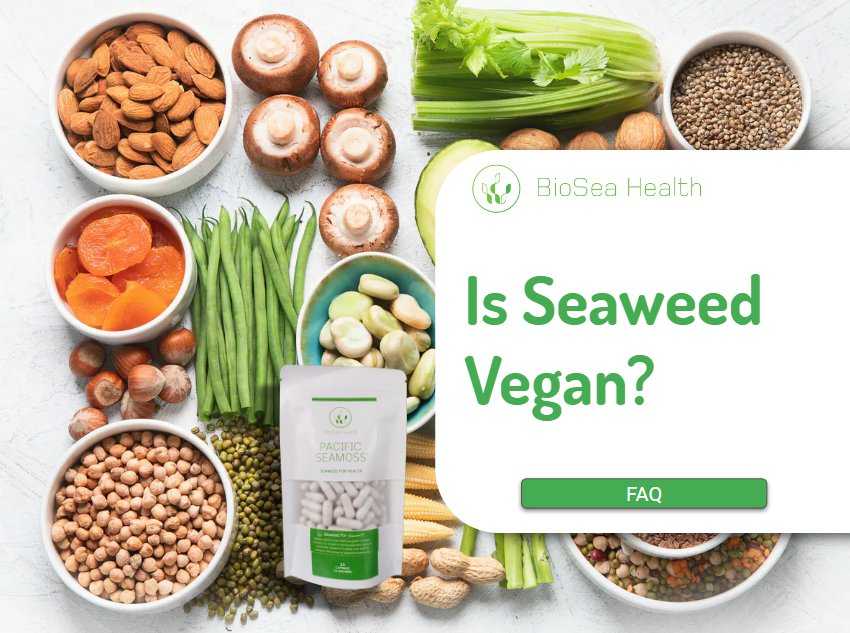Seaweed is generally thought to be vegan, but the encapsulation means that the Pacific Seamoss gel capsules are not, whereas the Pacific Seamoss Powder is vegan and is in the process to formally certified organic and halal.
We will have a product available as a compressed tablet in 2021 to enable the capsule to be both vegan and halal.
If you are vegan then we suggest Pacific Seamoss powder is the solution fo you. The amount to take daily is 1/2 to1 teaspoon per day or about 3 grams of dry seaweed. The powder is vegan / organic – harvested from the sea, dried, milled, and packaged for freshness.
Overcoming the Taste of Seaweed
Dark Chocolate Treat
Some of our customers do not use capsules but Pacific Seamoss Powder. Add powder at 20% to dark chocolate. So it becomes a treat – bit like salted caramel. The chocolate recipe is here. (Chocolate).
Sourdough
Alternatively customers like sourdough and the recipe is here. They substitute the salt with Pacific Seamoss Powder. (Sourdough Recipe)
Au Natural
We have some customers that just apply the powder to their cereal or mashed spuds and say it is fine.
My cofounder says 2 of his kids are fine with fruit smoothies, but one notices and says its a bit gritty.
Is Seaweed Vegan?
Seaweed are technically not plants, but a type of algae. Algae are photosynthetic creatures, but are neither plant, animal or fungi. Being photosynthetic, algae, in the form of chlorella or spirulina, are widely accepted as suitable for supplementation in a vegan diet.
However, there is controversy in plant-based vegan communities regarding the composition of nori. Nori is a red algae genus Pyropia, including P. yezoensis and P. tenera, and Pacific Seamoss is also a red seaweed. Nori is often used to make sushi. The nets used in the harvesting process of nori are believed to scoop up small fish. Following this, seaweed, shrimp, crabs, snails, barnacles and small fish are ground together and made into nori sheets. The industry is so large that it often does not take the time to remove the sea animals.
In our harvesting methods, we grow seaweed on ropes, and in harvesting remove all visible sea creatures, but there will be small crustacea potentially in the dried product. Hence why we say do not consume seaweed if you have seafood allergies. The risk is small. For details see this blog on allergies.
Summary of Is Seaweed Vegan
Yes. For all practicable purposes.

